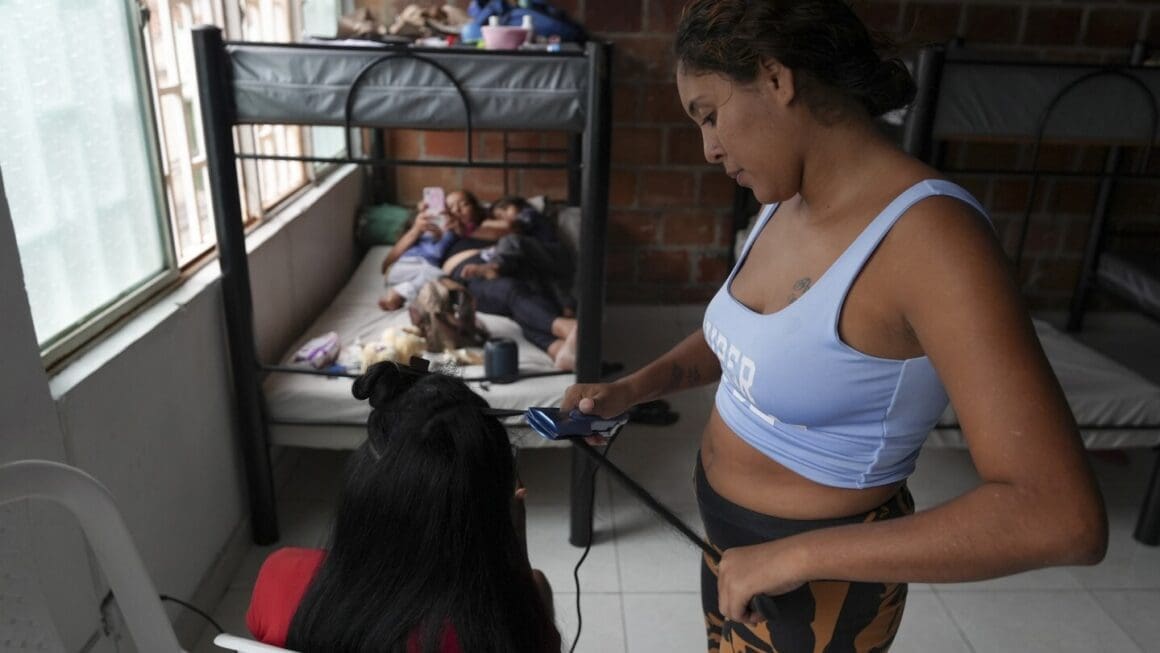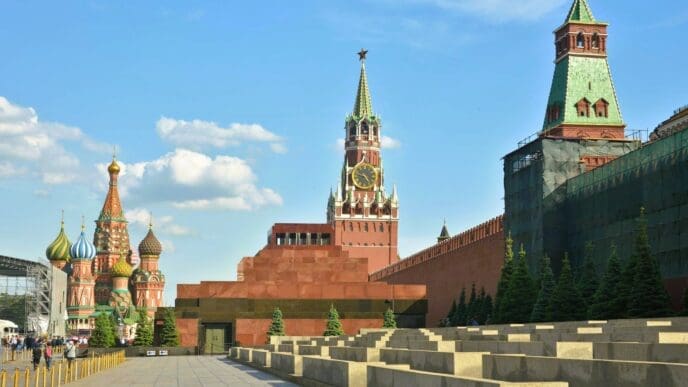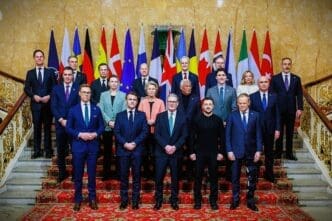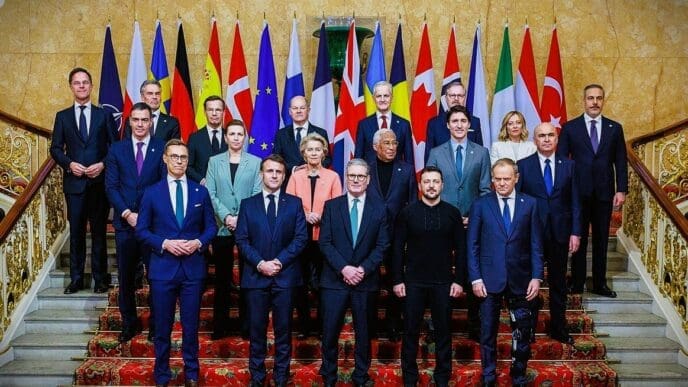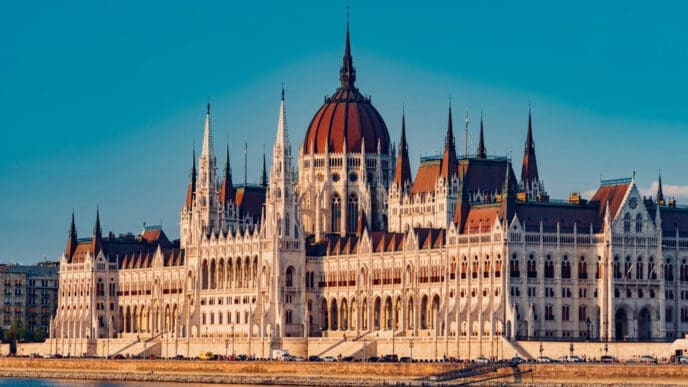In the midst of Latin America’s largest migration in recent history, Venezuelan migrants continue to seek refuge in Colombia, driven by economic, political, and safety challenges in their home country. Since 2014, over 7.7 million Venezuelans have left their homeland, with Colombia hosting the largest number. Amidst these arrivals, faith leaders in Palmira, Colombia, provide a sanctuary for those seeking a new beginning.
The Pope Francis Migrant Shelter in Palmira stands as a beacon of hope for Venezuelans who have left everything behind in search of a better life. A key figure here is Douarleyka Velásquez, a former human resources professional who now finds fulfillment as a cleaning supervisor at the shelter. “I feel that in here I can help my brothers, my countrymen who come and go,” she shares.
Rev. Arturo Arrieta, responsible for human rights initiatives in the Catholic Diocese of Palmira, explains that the city functions primarily as a transit point for migrants. Many are en route to the treacherous Darien Gap, a path leading to North America. However, some choose to stay, unable to continue their journey or yearning for the lives they left behind.
The shelter, established in 2020, is one of the few along this route. It offers up to five days’ accommodation, with exceptions made in special cases. Here, migrants receive not only basic necessities such as food and clothing but also spiritual guidance and support. A significant portion of shelter residents includes families, women traveling alone, and the LGBTQ+ community.
The shelter serves as a protective and supportive space, offering information on human trafficking and aid for women who have experienced abuse. Additionally, it assists unaccompanied children and mothers searching for missing family members. Despite the absence of official records, human rights organizations acknowledge the many migrants who vanish during their perilous journey.
Arrieta expresses concern over the international community’s reduced funding for shelters, believing this approach only leaves migrants more vulnerable. He strives to provide comfort, stating, “Our motto is that we are a caress from God. We want them to find an oasis here.”
In Bogotá, Reverend René Rey extends his efforts to support migrant sex workers and those in the LGBTQ+ community. He notes a significant rise in the number of Venezuelans in these groups since political unrest intensified in Venezuela in 2017. His initiative offers information on HIV and meals for the homeless, serving as a sanctuary named “The Refuge.”
Reverend Rey’s team includes Lía Roa, a transgender woman and former seminarian. She leads a prayer group for transgender sex workers, mainly from Venezuela, fostering a safe environment for spiritual and community support. The group provides a rare space of acceptance, counteracting previous rejections experienced in Venezuela.
For these migrants, the journey is fraught with uncertainty, as Mariana Ariza, a young mother, indicates. Having left Venezuela in 2020, she is now torn between returning home or seeking better opportunities elsewhere. Her story is a testament to the resilience and courage of those navigating these uncertain paths.
As Venezuelan migrants continue to arrive in Colombia, the efforts of faith leaders in providing a supportive and compassionate environment prove invaluable. These shelters and initiatives not only meet the immediate needs of migrants but also offer a sense of dignity and hope amidst challenging circumstances. The journey ahead remains uncertain for many, yet the sanctuary found in places like Palmira and Bogotá provides a crucial lifeline.
Source: Apnews


